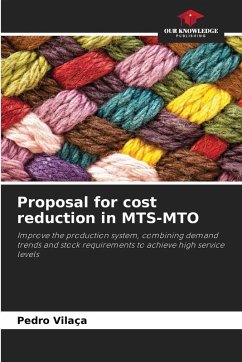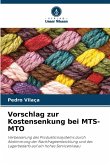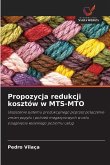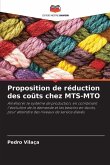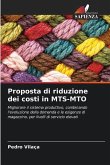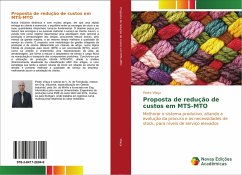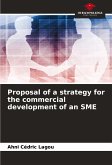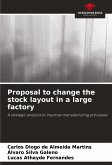In a dynamic industry with many items, where fast delivery to the customer is essential, the balance between stock costs and available quantities is crucial. The goal is to reduce these costs and, if possible, improve customer service. Thus, the study aims to develop a more rational approach to the production and storage of items, seeking to reduce stocks, at least for the vast majority, while improving the quality of customer service. A methodology for integrated production and inventory management differentiated by item classes is proposed, using a hybrid logic of make-to-stock (MTS) and make-to-order (MTO) production, as well as a restructuring of the storage area to reduce wasted time and physical load in the handling and transportation of production components. It was concluded that the use of hybrid MTS-MTO production, combined with dynamically updated analysis of the ABC classification of items, is a strategy that tends to reduce stock shortages in relation to sales volumeand therefore improve the company's service quality, thus improving customer satisfaction.
Bitte wählen Sie Ihr Anliegen aus.
Rechnungen
Retourenschein anfordern
Bestellstatus
Storno

